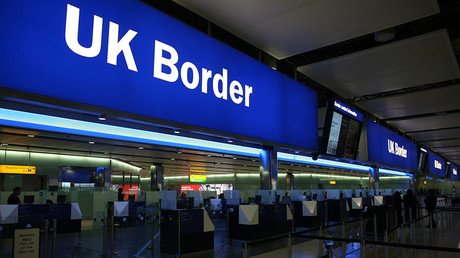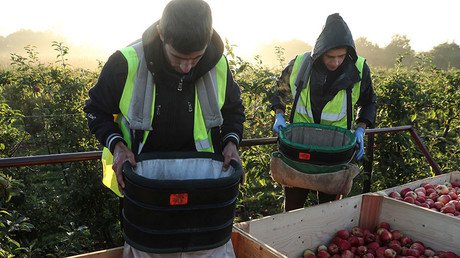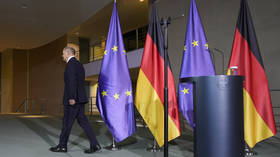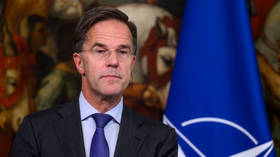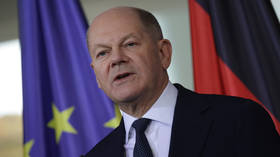Migration will give UK biggest population in Europe by 2045
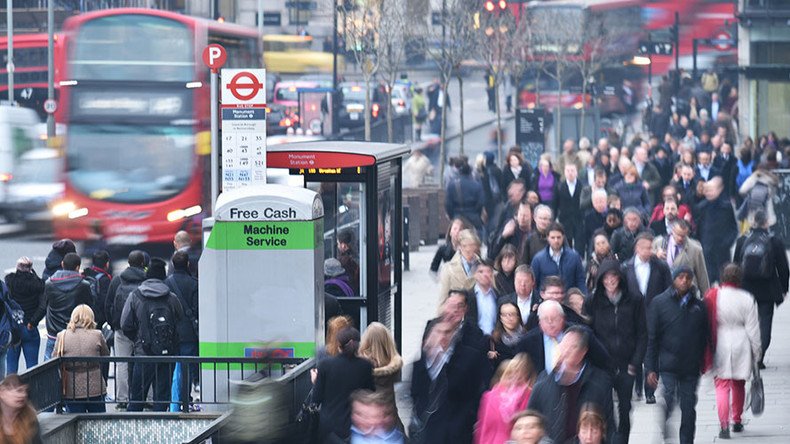
The UK is on course to be the most populous country in the EU by 2050, according to new figures from the Office for National Statistics (ONS).
Britain’s population will surpass France and Germany’s, soaring from the current 65 million to an estimated 76 million people by 2045.
The rapid growth is thought to be down to the greater number of births compared to deaths every year since 1955, with the exception of 1976.
The ageing population is another contributing factor. The number of over 65s has grown from 14.1 million in 1975 to 17.8 million in 2015.
The ONS report said that while we should “celebrate” the growing population, it could also put more pressure on public services such as health and housing.
Much of the growth in the UK’s population may be down to net migration- that’s the difference in the number of people coming into the country and those leaving.
Net migration has reportedly increased the population between 2004 and 2015 by an average of 250,000 each year.
Migrants coming into the country tend to be between 20 and 36, which is regarded as “traditional working age”.
The UK is currently the third largest country by population among European Union and European Free Trade Association member states.
Brexit Secretary David Davis recently insisted Britain’s doors “won’t suddenly shut” to “talented” migrants.
“The hospitality sector, hotels, and restaurants, in the social care sector, working in agriculture, it will take time. It will be years and years before we get British citizens to do those jobs,” Davis said.
“Don’t expect just because we’re changing who makes the decision on the policy, the door will suddenly shut. It won’t.”
But his views are in stark contrast to those of UKIP, which has used net migration as a selling card for its Leave campaign during the EU referendum.
Ex-UKIP leader Nigel Farage told the BBC he wanted to bring migration levels “back to normality” as the figures for net migration had gotten “out of control”.
“Normality was what we had from Windrush right up until the year 2000, where we had net migration into Britain ... between 20,000 and 50,000 people a year,” Farage said.
He added that since then “we have gone mad, we opened the doors to much of the world but in particular, we opened up the doors to 10 former communist countries, and as a result of our EU membership we have absolutely zero control over the numbers who come.”
